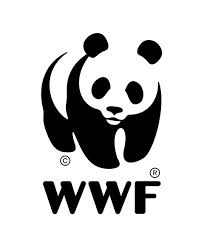WWF Says to Consume More Wisely on Earth Overshoot Day
August 19, 2014 /3BL Media/ – Today – Earth Overshoot Day – World Wildlife Fund (WWF) and its partner Global Footprint Network want to remind us to waste less and consume more wisely, or we run the risk of leaving our children an Earth that can no longer support their needs.
Earth Overshoot highlights the day when humanity’s demand on nature exceeds what the Earth can renew in that year. This demand – or ecological footprint – includes food, fibers, energy, and ecosystem capacity to absorb carbon waste from fossil fuel burning. Because of our high fossil fuel use in the US, the carbon footprint is a substantial portion of our overall ecological footprint.
Earth can produce a limited amount of resources and ecological services in a given 12-month period, and we’ve already blown through them. For the rest of the year, humanity will be drawing on Earth’s reserves, something that’s only possible for a limited time before our environment begins to degrade and eventually collapse.
However, it’s not too late to steer the planet back on course.
WWF recommends several simple changes that we all can implement to significantly reduce our ecological footprint. “We now find ourselves in a world where human demand for resources is far overshooting Earth’s supply,” said Keya Chatterjee, director of renewable energy and footprint outreach at WWF. “It’s a bad situation, but it isn’t a hopeless one. Every day is a new opportunity to get back on track, but we all have to chip in.”
“There’s a misconception that ‘going green’ has to involve sacrifices – either in money or comfort – and that’s false,” explained Chatterjee. “Solar panels are the perfect example. Homeowners around the country are discovering that installing solar panels, often at zero upfront cost, is a one-time change that makes a huge difference for the planet, while causing no inconvenience. People can enjoy the same electronic devices they did before, backed by the reliability of their local utility, while saving money. What’s not to love?”
Other simple changes that can make a big impact include cutting the carbon out of your commute by biking to work or taking advantage of public transportation. Consumers should also pay close attention to the products that they buy to ensure they come from sustainable sources.
For more information, visit www.worldwildlife.org/overshoot.







